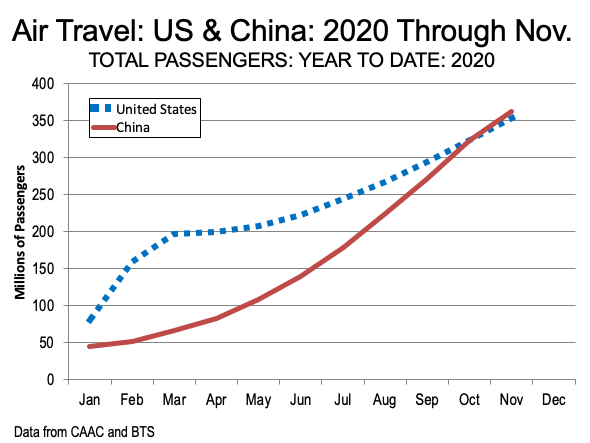Bruce Springsteen’s name may be on the marquee of the Jeep Super Bowl ad featuring The Boss, which is titled “The Middle.” But Lebanon, Kansas -- the real middle -- is the star.
And while the message of the rock-and-roll icon from New Jersey is an appeal for national healing, using a chapel in the geographic center of the nation as a backdrop, out here in Flyover Country we may experience the two-minute commercial differently than other Americans. That’s not just because many in the heartland dislike The Boss’s politics.
It’s really because we know that if the true healing of America ever is going to begin, on a universally edifying basis, it’s going to begin in The Middle. Our middle.
Springsteen knew that. So did Olivier Francois, the chief marketing officer for Jeep and the other brands owned by what used to be Fiat Chrysler and now part of Stellantis. Springsteen has been legendarily shy about making commercial endorsements, but Francois finally was able to draw him into a Big Game ad with an invitation to apply some salve to the national wound.
And the way that Francois – a Frenchman who worked for an Italian company but a very shrewd reader of American moods and culture – drew in The Boss was with a script for an ad that focused on the U.S. Center Chapel in the middle.
“It’s no secret,” Springsteen begins the spot. “The middle has been a hard place to get to lately, between red and blue, between servant and citizen, between our freedom and our fear,” The Boss intones, in a script he helped pen himself, over a new musical score he also assisted in writing.
“Now, fear has never been the best of who we are. And as for freedom, it’s not just the property of the fortunate few; it belongs to us all. Whoever you are, wherever you’re from. It’s what connects us. We need that connection. We need the middle. We just have to remember the very soil we stand on is common ground.”
Springsteen finishes by urging Americans to come together to “cross this divide,” before Jeep ends the ad by putting on screen, “The ReUnited States of America.” A star on a U.S. map where Lebanon is located sits between “ReUnited” and “States.”
The images carrying the narrative are a virtual paean to the raw simplicity of the Great Plains in the winter, to its rolling hills, rolling stock on the rails, rugged rock outcroppings, icy sunsets and slush-strewn city streets.
There’s even a baldly spiritual statement encompassed by the cross on top of the chapel, and the three crosses stuck in a field outside – all of which are embraced by the ad. Springsteen sits in the tiny chapel and lights a votive candle toward the end.
Read the rest of this piece at flyovercoalition.org.
Dale Buss is founder and executive director of The Flyover Coalition, a not-for-profit organization aimed at helping revitalize and promote the economy, companies and people of the region between the Appalachians and Rockies, the Gulf Coast and the Great Lakes. He is a long-time author, journalist, and magazine and newspaper editor, and contributor to Chief Executive, Forbes, the Wall Street Journal, the New York Times and many other publications. Buss is a Wisconsin native who lives in Michigan and has also lived in Texas, Pennsylvania and Florida.













